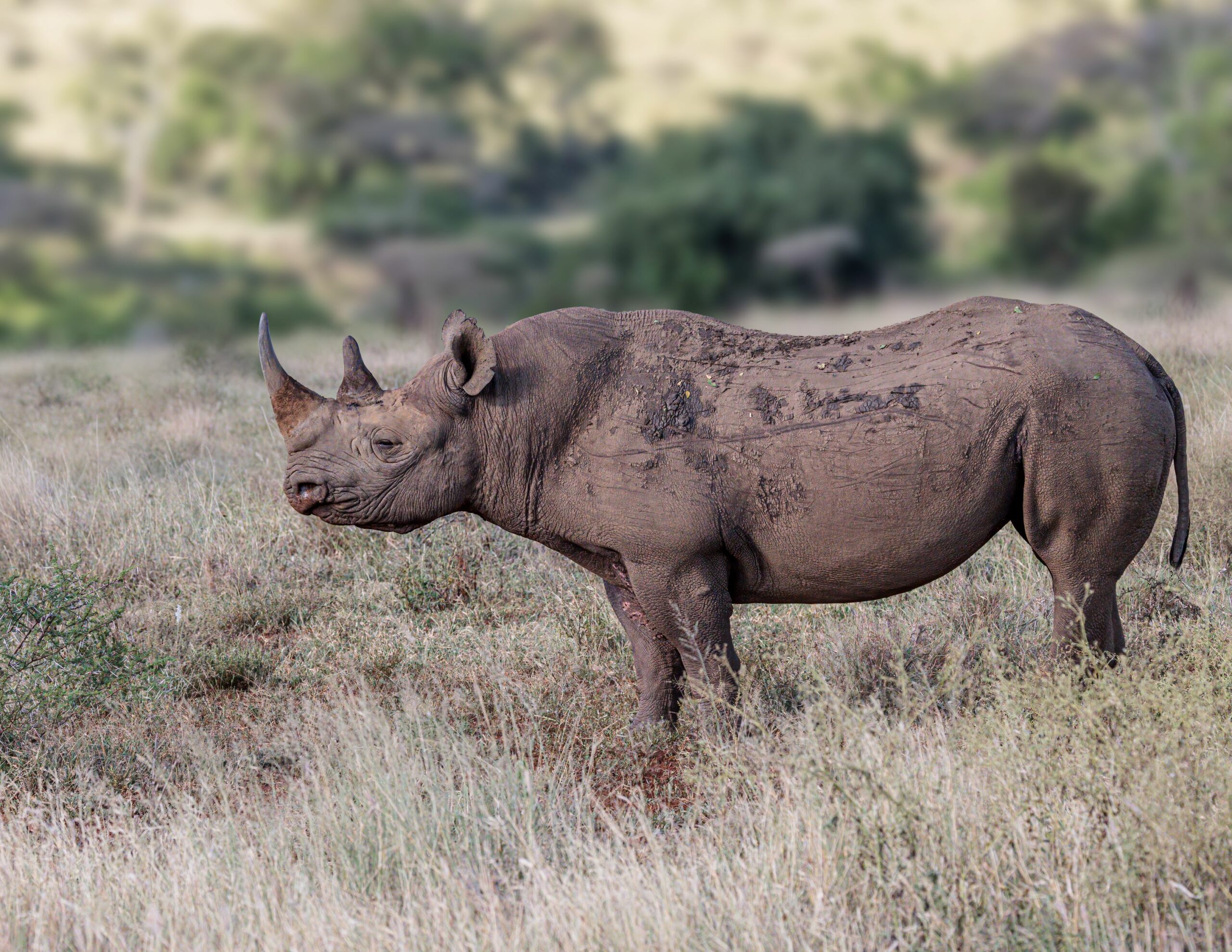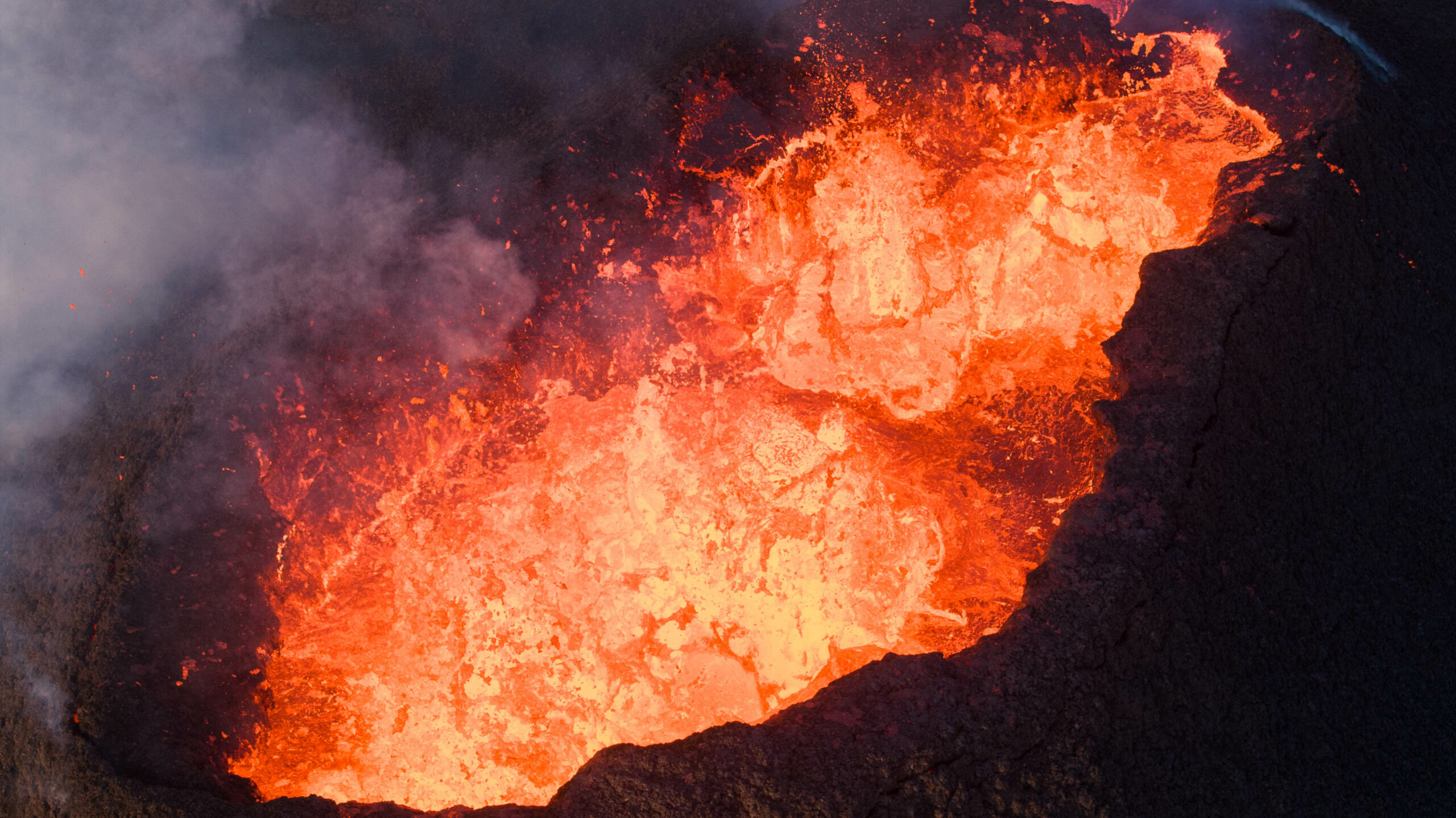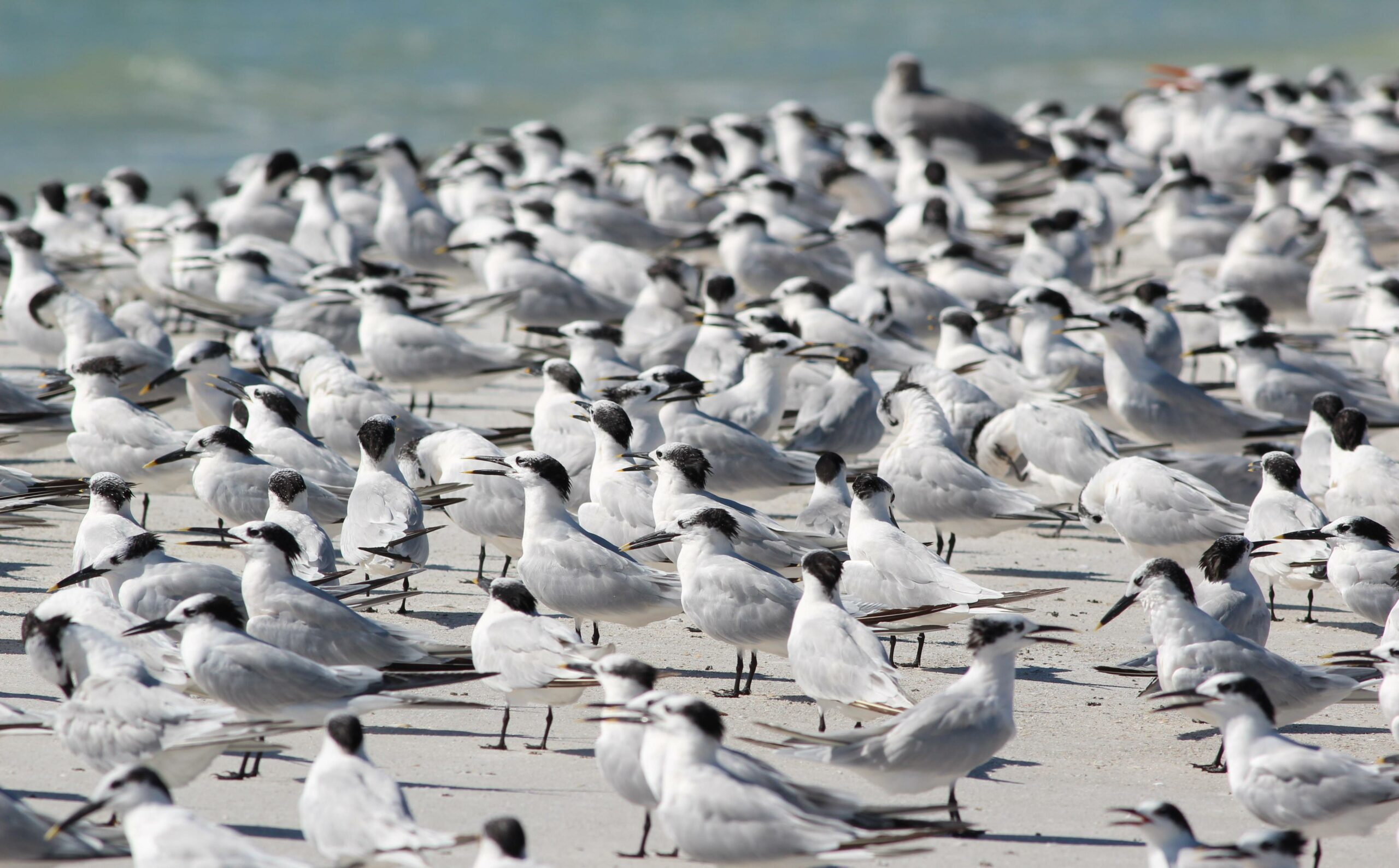Climate Crisis
A new study reveals the Amazon rainforest’s worst drought on record in over half a century, with human-caused climate change acting as the driving force behind these weather extremes. The Amazon rainforest plays an important role in the removal of CO2 from the atmosphere, and accounts for around 10% of the world’s species. However, scientists suggest the Amazon could soon reach a “tipping point”, with droughts such as these expected every 13 years if global temperatures increase by a further 2°C.
Conservation
Black Rhinos have returned to Kenya’s Loisaba Conservancy as species recovers following local extinction 50 years ago. This translocation project, the result of a collaboration between Loisaba Conservancy and Kenya Wildlife Service, was prompted by the news that Kenya’s 16 Black Rhino sanctuaries are rapidly running out of space due to a boost in population numbers. Twenty-one of these critically endangered Black Rhinos were released into a specially created fenced sanctuary that covers nearly half of Loisaba’s total area, marking an important moment in the long-term future of Black Rhino populations in Kenya.

Hedgehog populations are on the rise according to BBC Gardeners’ World survey. Previous reports have found that since 2000, the number of hedgehogs has fallen by 30%-75% depending on the area due to increased habitat loss, fragmentation, pesticides, and a reduction in food sources. However, the annual hedgehog survey highlighted a 33% increase in sightings, up from 31% in 2022, which has been aided by the instillation of ‘hedgehog highways,’ and nationwide rewilding efforts. CEO of the British Hedgehog Preservation Society, Fay Vass, stated that urban populations are still lower than they should be, however these results provide cautious optimism for the future of hedgehogs.
Environment
Hailed as one of the world’s most ambitious environmental policies, Biodiversity Net Gain came into effect in England on the 12th February 2024. It is now mandatory for all new developments in England to deliver at least a 10% net gain in biodiversity or habitat on all new sites. In light of the government target of building 300,000 new homes a year by the mid-2020s, it is hoped that the scheme will minimise or mitigate the environmental effects of these new developments.
Iceland may be entering a new volcanic era, with increasing volcanic activity reported across the island. The most recent short-lived eruption on the Reykjanes peninsular marks the third since December 2023, and the sixth since 2021. Researchers think this wave of volcanic activity may be following a pattern that could last for decades, or even centuries. Scientists are trying to work out how to predict future eruptions by tracking ground inflations as magma rises, from which they can estimate when the magma will break the surface.
 Litli-Hrútur – Volcanic Eruption in Iceland July 2023, by Anthony Quaintano via Flickr.
Litli-Hrútur – Volcanic Eruption in Iceland July 2023, by Anthony Quaintano via Flickr.
Science and discoveries
The latest strain of bird flu has decreased Great Skua populations by 75% and Northern Gannet populations by 25% in the past 2 years alone, says the RSPB and British Trust for Ornithology (BTO). According to a recent report, the H5N1 strain has been noted as one of the biggest conservation threats facing numerous seabird species across both UK and Europe. The latest Seabird Count survey, published in November 2023 – which did not take into account the effects of bird flu – found that almost 62% of seabird populations were already in decline across the UK due to other factors such as fishing and offshore wind developments.
The most vulnerable migratory species are at risk due to increased human activity, with one in five threatened with extinction according to the UN. Despite the signing of the Convention on the Conservation of Migratory Species of Wild Animals over 40 years ago, researchers suggest that more focus has been placed on preventing illegal animal trading rather than upholding the law on illegal killing. The report recommends that countries need to establish key biodiversity areas on the migration pathways of endangered species, reduce infrastructure obstructing migration routes, create corridors of protected land, and restore 30% of degraded marine and land areas.


